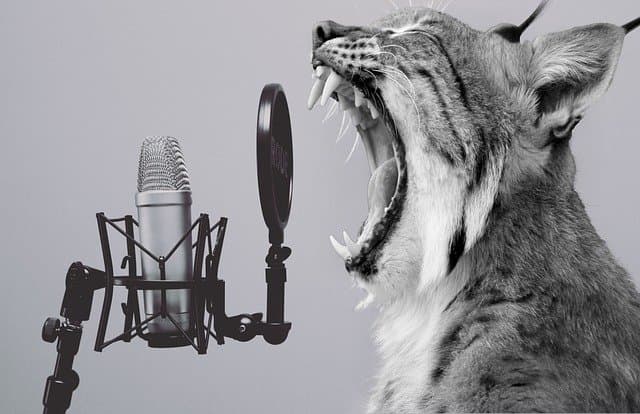 |
| Image by Vicki Hamilton from Pixabay |
I do not remember a specific moment when I first realized I was an atheist. I do not remember it because there was no moment like that. It was a gradual process that unfolded over a couple years. It did not culminate in some sudden flash of realization. What I do remember are the reactions of my family and friends when I finally worked up the nerve to identify myself as an atheist:
You're not really an atheist; you're just mad at (my preferred) god(s).
If you're an atheist, then why is the universe here?
What happened to you? It must have been something awful to shake your faith in (my preferred) god(s).
So you just worship yourself, huh?
I could go on and on with pages full of similar reactions, but I won't. What I remember most about these statements or questions and the hundreds of others like them isn't so much the specific content but the tone. They were nearly always delivered with an air of conceited certainty, as if each posed some sort of insurmountable challenge for me. Each would bring me back to the faith. But that was never the case.
I'm not an atheist because I think I have all the answers. I know I don't have all the answers. I didn't then, and I certainly don't now. I recognize that some questions do not have answers, at least not answers we have found yet. I am also perfectly content with not having all the answers. I do not need to have all the answers. I am able to tolerate uncertainty and ambiguity.
It strikes me as ridiculous to assume that some sort of god(s) must serve as the answer for every unknown. Not having an explanation for something no more supports the existence of god(s) than it supports the existence of assorted heroes from the Marvel comics universe. I understand that some people crave certainty, but abandoning reality is not a suitable way to address this.
I used to wonder why this seemed so difficult for many religious believers to understand, but I no longer occupy myself with such thoughts. I suspect that many of them would prefer not to think too deeply about this because doing so might jeopardize their faith. Perhaps this explains why so many Christians have seemed so hostile in their reactions upon learning that I do not believe in some of what they believe. For them to be right, the atheist has to be wrong. And for them to be certain, the atheist really has to be silent.
An early version of this post appeared on Atheist Revolution in 2011. It was revised and expanded in 2022.